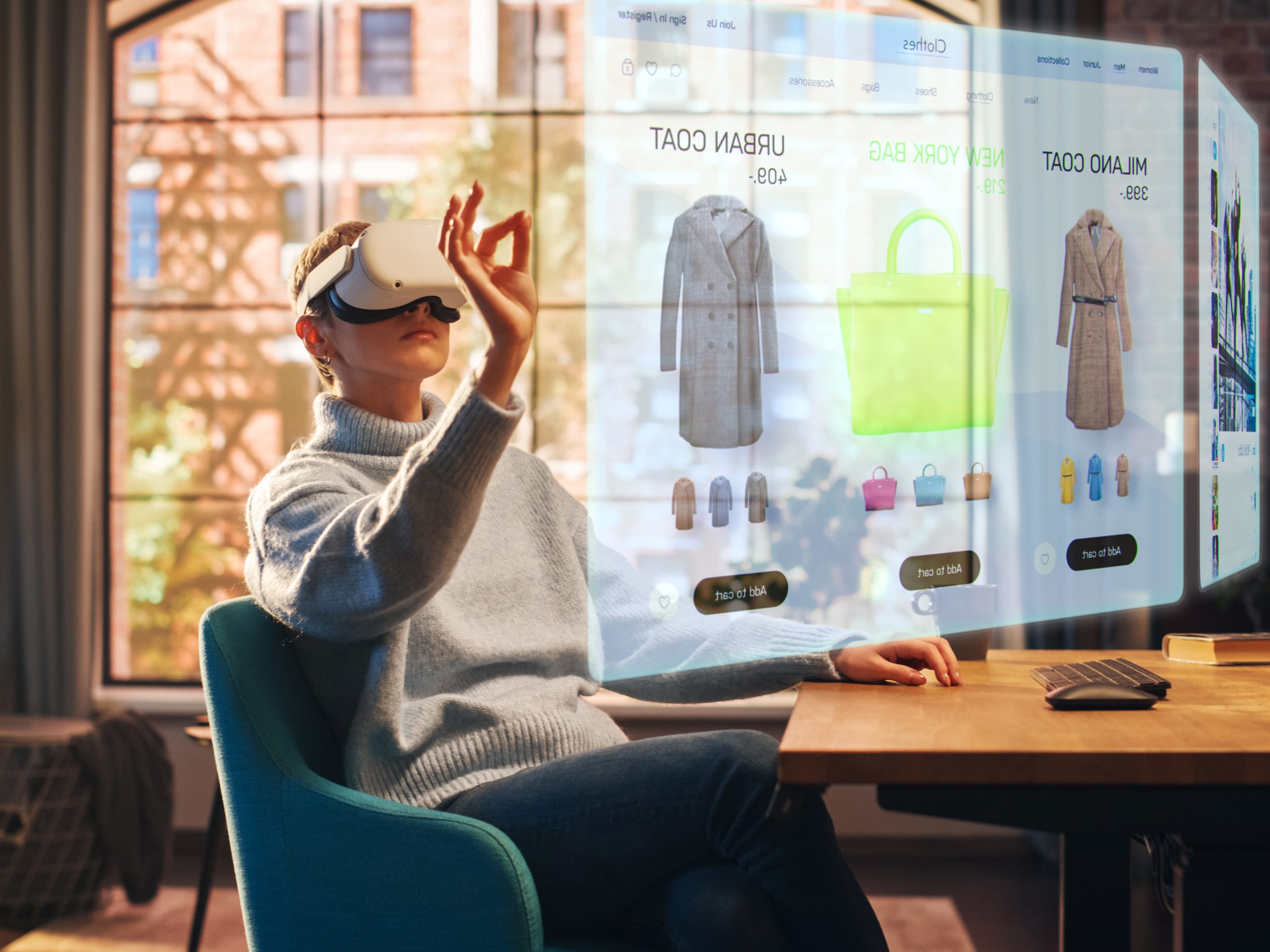The Gist
- Meta's struggle. Despite starting first, Meta now competes with Apple's entry into mixed reality.
- Open-source shift. To compete, Meta might need to embrace an Android-style openness strategy.
- Hard proving. With Apple's entry, Meta has company in facing the challenge of validating its bullish metaverse stance.
The mood within Meta was defiant, if a bit uneasy. After spending years screaming — howling — that mixed reality was the next great computing platform, the company watched as Apple, its chief antagonist, entered the fray with a leading device last week. Apple’s big push into the space was validating for Meta, a signal it wasn’t that crazy for being so bullish on the metaverse, but it instantly changed its role.
Meta's New Role: The 'Android Option' in Mixed Reality Battle
Instead of being the only major player with a mixed reality consumer device, Meta will now settle into a position akin to Android’s on mobile. In this case, Meta started first, with plenty of developer relationships in hand. But unlike Android, it doesn’t offer an operating system to all device manufacturers, something that may have to change.
“Zuck’s aspiration was always to be the Android option,” Josh Miller, an ex-Facebook product manager, told me. “He knew Apple was coming, so his best shot at success was being the operating system that all the other device manufacturers prefer since they can’t compete with Apple either.”
Related Article: Apple's Mixed Reality Bet Comes Due
AR Battle Looms: Apple and Meta Grapple With Hardware Limits
In contrast to the mobile wars, this battle will take years to materialize after Apple’s entry. While Apple’s Vision Pro impressed analysts and journalists, myself included, the device still features a power cord, battery pack and is expensive at $3,499. And neither company is anywhere close to the lightweight, standalone mixed reality glasses that drove this competition in the first place.
“Zuck never cared, truly, about VR. He saw AR as the next great platform shift — maybe the final one — and hoped he could solve the software challenges until the hardware caught up,” said Miller. “To me, both Apple and Meta are probably surprised and disappointed by how far we are from truly augmented reality, from a hardware and physics perspective.”
Related Article: Apple's Vision Pro and Steve Jobs' Legacy of Customer-Centric Innovation
Meta vs. Apple's Diverging Visions
Indeed, in addressing Meta employees on Thursday, Zuckerberg first pointed to the limitations of Apple’s headset while assessing the device. “The good news,” he said, “is that there’s no kind of magical solutions that they have to any of the constraints on laws of physics that our teams haven’t already explored.”
As the technology develops, this battle will likely follow the mobile wars’ contours, but there could be some meaningful differences given Meta and Apple’s different philosophies. For Meta, the focus is on gaming, enterprise and social connections. For Apple, the Vision Pro seems like a new iteration of the computer, often used alone. Apple’s promo video mostly portrayed people in large, empty apartments using the headset to look at photos, watch TV, meditate, work and escape. Apple never showed two people wearing the devices in the same room.
Convergence, Openness Key in AR Showdown
In the coming years, one vision will likely win out (if the critical use cases emerge at all) and both companies will likely build headsets with similar functionality. “I think in a year or two, they both converge,” said Anand Agarawala, CEO of Spatial, a VR creator platform. “They’ll both have a high-end and the low-end device.”
To compete with Apple at that point, Meta will have to push hard into Android-style openness. This could mean open-sourcing its operating system, which it has yet to do, or dropping its requirement to have a Meta account to login to some of its experiences. Already, the company seems ready to open up a bit more. Its Horizon Worlds VR platform is slated to release on PCs and mobile shortly. It’s also working to make its avatars more accessible outside its platform.
The Mixed Reality War With Apple Begins
For Meta, this at least represents the fight it wants, it’s why it pushed so hard into VR and AR in the first place. On mobile, the company is beholden to Apple and Google, whose operating systems host its apps. This exposure led Apple alone to cause billions of dollars in damage to Meta’s ad business in recent years. In response, Meta’s tried to will forward a new platform, with a new operating system, because that meant freedom. As Mark Zuckerberg told me when we met in late 2019, “There are things that you can only do when you build the platform, and not just the apps within it.”
Now, the prelude is over. After years owning the space alone, and trying to convince people of its potential, Meta has formidable company beside it. The benefit is more people will believe in mixed reality now; the risk is that Apple’s technology will be so good it’ll leave Meta in its shadow. What follows will be a years-long fight between two tech powers, one that will test each’s willingness to stick with unproven technology as an impatient Wall Street waits for the payoff.
“Meta still has a ton to prove,” said Jasmine Enberg, Insider Intelligence’s principal analyst for social media. “But with Apple in the game, at least they can say Zuckerberg is on to something.”
